Research recently published in the scientific journal Nature Cancer has found that a person's risk of developing cancer can be determined while still in the womb due to the formation of special epigenetic genes.
Researchers have identified two distinct epigenetic states that form during fetal development that are linked to cancer risk. One state is associated with a lower risk of cancer, while the other leads to a higher risk, according to science site ScitechDaily.
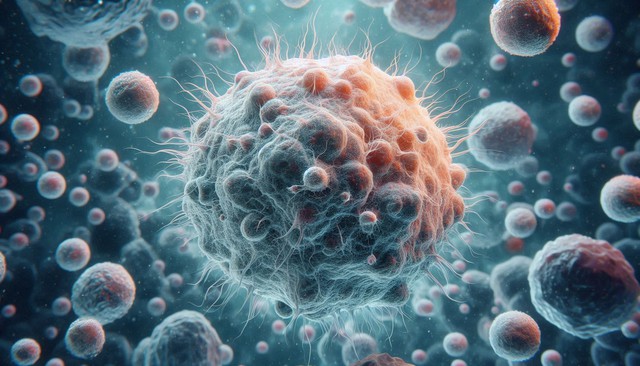
Cancer seeds may have formed in the body before birth.
Photo: AI
If cancer occurs in people at lower risk, they are more likely to develop blood cancers. Conversely, people at higher risk are more likely to develop solid cancers such as lung or prostate cancer.
“Our identification of these two distinct epigenetic states opens a whole new door to understanding the roots of cancer,” said co-author J. Andrew Pospisilik, PhD, Chair of Epigenetics at the Van Andel Institute.
The risk of cancer increases as people age, due to DNA damage and other factors. However, not all abnormal cells develop into cancer. In recent years, scientists have identified other factors, such as epigenetic errors, that may contribute to cancer.
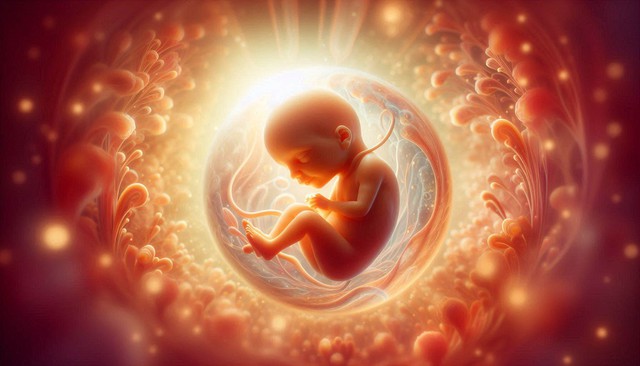
The team identified two distinct epigenetic states that form during fetal development that influence cancer susceptibility.
Photo: AI
Epigenetics are the body's processes of communicating information to DNA. If this process goes wrong, cellular quality control can fail, allowing "faulty" cells to survive and spread.
“Identifying epigenetic markers is a key step in developing targeted therapies,” said study leader Dr Ilaria Panzeri, a research scientist at the Pospisilik Laboratory at the Van Andel Institute. “The new findings suggest that cancer may start at a sensitive stage of development, offering potential for diagnosis and treatment of the disease.”
Source: https://thanhnien.vn/nghien-cuu-mam-mong-ung-thu-co-the-hinh-thanh-trong-co-the-tu-rat-som-185250324224642185.htm




![[Photo] Prime Minister Pham Minh Chinh and Prime Minister of the Kingdom of Thailand Paetongtarn Shinawatra attend the Vietnam-Thailand Business Forum 2025](https://vphoto.vietnam.vn/thumb/1200x675/vietnam/resource/IMAGE/2025/5/16/1cdfce54d25c48a68ae6fb9204f2171a)



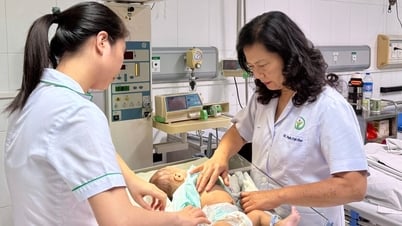


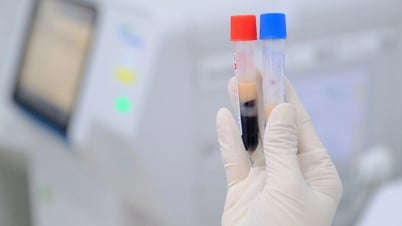













![[Photo] President Luong Cuong receives Prime Minister of the Kingdom of Thailand Paetongtarn Shinawatra](https://vphoto.vietnam.vn/thumb/1200x675/vietnam/resource/IMAGE/2025/5/16/52c73b27198a4e12bd6a903d1c218846)










































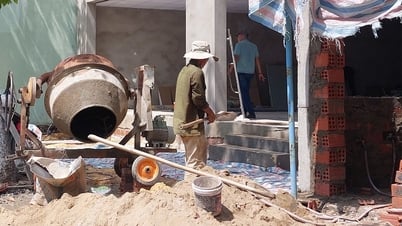







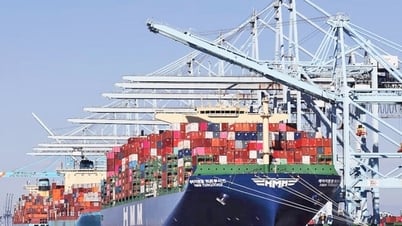













Comment (0)